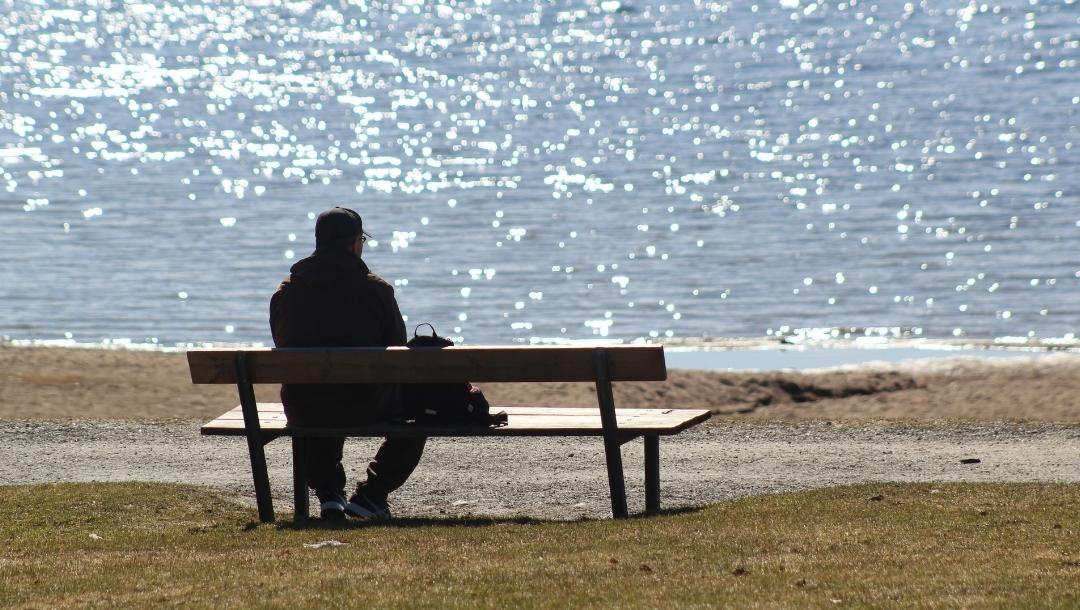 13 Apr 2022
13 Apr 2022As part of our work with various DHB’s across the country we’re monitoring numerous COVID patients in the community. Often, we hear our COVID patients say that they are struggling with tiredness and fatigue after they’ve recovered from the virus.
Rest assured, this doesn’t mean you’re suffering “long COVID”. While long COVID patients often experience fatigue they’re also hit with a range of other symptoms for an extended period after the infection has cleared.
Tiredness, fatigue, exhaustion, and malaise are all words that appear to be fairly standard complaints of people post-COVID. So, let’s look at a few simple tips to help you make a successful comeback, and cope with decreased energy levels, after COVID.
- Set realistic expectations
Acknowledge that you have overcome a genuine illness and cut yourself some slack while you are recovering. Don’t expect to return to work, the gym, or school in the same capacity as you left straight away. Anticipate and accept that you may feel a bit exhausted.
- Ease yourself back into it
Ideally you want to return to your everyday activities in keeping with your energy levels. This might mean you tackle a full day’s work but you leave the housework until the weekend. Or you put your DIY projects on hold temporarily. Or you might even be able to build your hours back up to where they were previously over a week or two instead of diving back in as soon as you test negative.
- Recognise the importance of rest
Your body needs good quality sleep to help it fully recover. But, unfortunately, many people complain of compromised sleep during and after COVID. Do whatever you can to prioritise a good night’s sleep – create a soothing bedtime routine, avoid screen-time in the hour or two before bed, and ensure your sleep environment is dark, temperate and comfortable.
- Exercise, but work your way back to optimal fitness gradually
Getting outdoors and getting fresh air can do you the world of good – mentally and physically. But you’re going to need to ease back into exercise and let your body re-adjust. Even if you were a long-distance runner or regular rugby player before your illness, start with a couple of walks and build up from there. The pace and frequency that you’ll be able to build up is entirely individual so listen to your body. If you need help, speak to your GP or seek the assistance of an exercise physiologist or sports doctor.
- Fuel up on nutritious foods
A common side effect of COVID is the loss of smell and taste. Use this to your advantage! If you didn’t like broccoli before, it might not be so offensive right now. The goal is to “eat the rainbow” meaning consume a range of fresh fruits and veggies of varied colours. Don’t be sucked into fad diets or trendy, expensive ingredients - just aim for a balanced diet rich in unprocessed, whole foods.
- Know when to ask for help
Most likely, if you’ve adjusted your expectations and followed the advice above you will come right over time. There’s no quick fix here; but you should see gradual improvement over a few weeks. If you don’t, or your condition is deteriorating, please seek medical advice. Your best port of call is your family doctor/GP. Of course, if your illness is acute, advancing rapidly, or you simply don’t know where to go for advice, our doctors are available 24/7 and always happy to help.
Follow the prompts to talk to an online doctor now: https://www.emergencyconsult.co.nz/create-account
